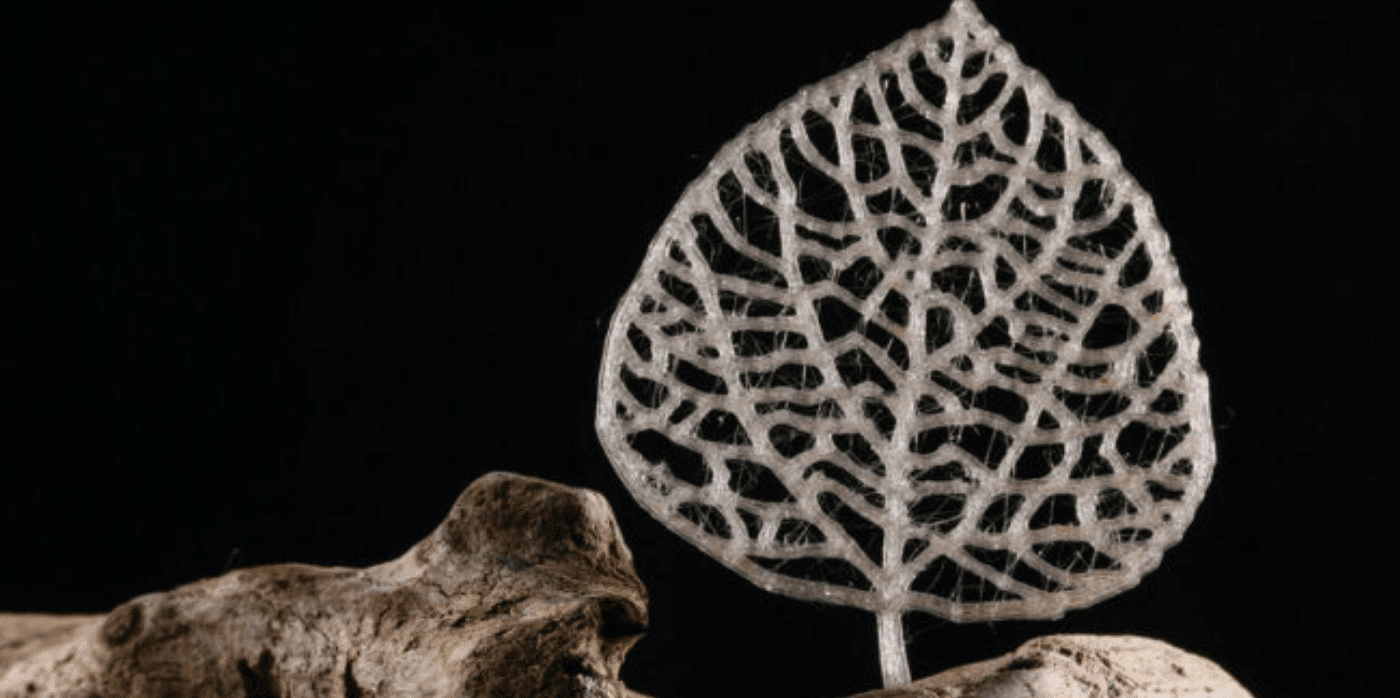Spotted: Polyethylene terephalate (PET) is a common type of plastic used for applications such as water bottles, dispensing containers, and biscuit trays. Although PET is recyclable using both mechanical and advanced recycling processes, a large amount of this plastic ends up in the environment due to the sheer amount in circulation. Moreover, PET is made using chemicals derived from fossil fuels. There has therefore been a push to develop bioplastics that can replace PET and other plastics. However, this is easier said than done.
PET bottles are so ubiquitous because they have useful properties such as low cost, heat stability, and mechanical strength. These attributes have proved to be difficult to replicate in plant-based plastic alternatives. But researchers from the École polytechnique fédérale de Lausanne (EPFL) have recently developed a biodegradable plastic that exhibits many of the benefits of PET while also being environmentally friendly.
Developed by a team at EPFL’s School of Basic Sciences, the plastic is made using the non-edible parts of plants. “We essentially just ‘cook’ wood or other non-edible plant material, such as agricultural wastes, in inexpensive chemicals to produce the plastic precursor in one step,” explains Professor Jeremy Luterbacher who led the research team.
The new plastic is both heat-resistant and tough, and could be a good material for food packaging as it acts as an effective barrier to gases such as oxygen. Thanks to its structure, the plastic breaks down into harmless sugars in the environment, and it is also compatible with chemical recycling.
Applications for the plastic include medicine, textiles, packaging, and electronics. The researchers have already used it to make fibres for clothing, films for packaging, and filaments for 3D-printing.
Other bioplastics recently spotted by Springwise include a collaboration that turns food waste into bioplastic for cosmetics, a smart bioplastic made from green algae, and a compostable plastic that breaks down quickly.
Written By: Matthew Hempstead
30th June 2022
Website: actu.epfl.ch
Contact: epfl.ch/about/overview/contact-en/

